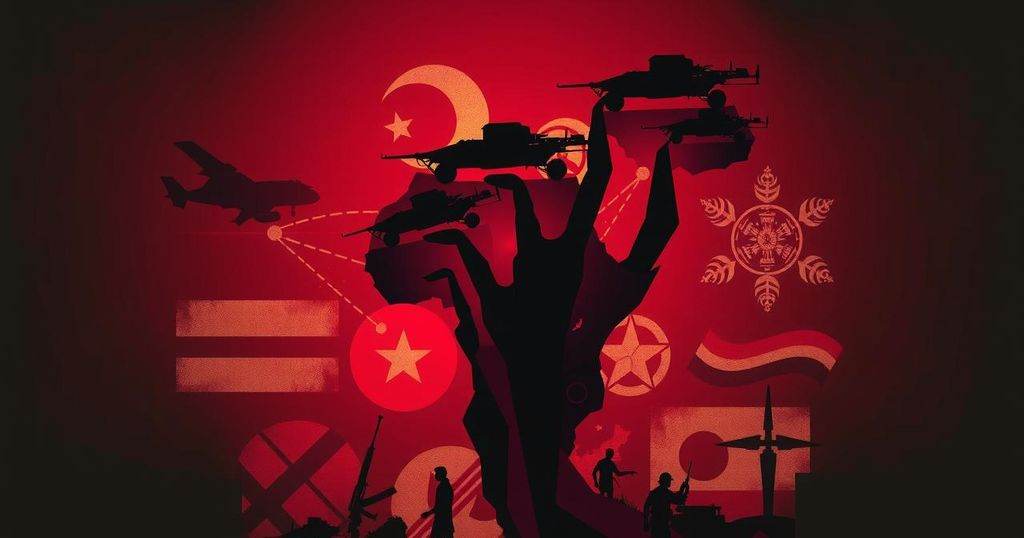Foreign Influence Is Fueling the War in Sudan

- The war in Sudan began on April 15, 2023, and has escalated significantly.
- Foreign involvement from various nations has complicated the conflict.
- Key players in the conflict include the Sudanese Armed Forces (SAF) and Rapid Support Forces (RSF).
- Egypt supports the SAF, while the RSF is backed by the UAE and Russia.
- The humanitarian crisis in Sudan is dire, with millions affected and displaced.
Understanding Sudan’s History and Current Struggles
Escalating Conflict in Sudan: The Background The war in Sudan has been raging since April 15, 2023, when violent confrontations erupted between the Sudanese Armed Forces (SAF) and the paramilitary Rapid Support Forces (RSF). This conflict is not new but rather a continuation of Sudan’s long, burdensome history filled with internal conflicts and civil wars. The chaotic environment was ignited after the 2019 overthrow of Omar al-Bashir, plunging the nation into a turbulent transitional phase filled with disarray and ongoing power struggles, further complicating Sudanese political dynamics.
International Players and Their Positions
The Role of International Influences in the Conflict Since the war erupted, it’s been clear that foreign actors have escalated the situation further. Countries such as Egypt and Saudi Arabia have expressed their support for the SAF, driven by their geopolitical interests in the region. Egypt, in particular, has focused on ensuring stability in Sudan while protecting its Nile River resources. On the flip side, the RSF, led by Mohamed Hamdan Dagalo, receives backing from nations like the United Arab Emirates and Russia, which have their eyes set on regional power and economic interests. This involvement of foreign powers has severely complicated any attempts for peace and resolution as it has shifted the conflict from a national issue to one with international ramifications.
In conclusion, the conflict in Sudan represents a complex web of internal strife compounded by significant foreign intervention. The involvement of nations on both sides of the conflict has not only prolonged the violence but also worsened the ongoing humanitarian crisis that millions face. While the path to a peaceful resolution is fraught with challenges, a united approach from the international community, emphasizing dialogue and humanitarian assistance, could lead to a more stable future for Sudan and the broader region.








